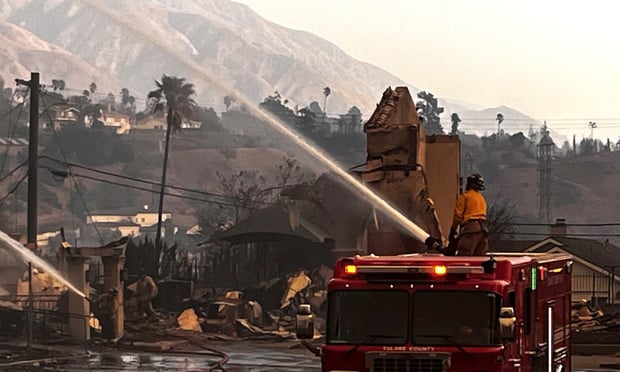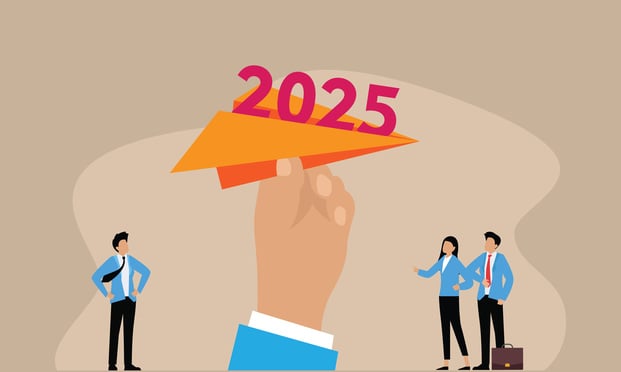NU Online News Service, Aug. 19, 1:48 p.m. EDT
SEATTLE–Recommendations to the states for the collection of surplus lines taxes from insurance regulators should be in place by the National Association of Insurance Commissioners' (NAIC) November meeting, said the chairman of the NAIC Surplus Lines Task Force.
Speaking at the NAIC's summer meeting here during the task force meeting on Monday, Louisiana Insurance Commissioner James J. Donelon said the working groups involved in developing the program are "expediting the tools in our box to collect taxes" that he believes "will work and serve us well." He added that the system the NAIC is developing will enable the collection and allocation of surplus lines taxes.
"There is the possibility of us getting to the top of the steep incline that Congress has set for us," said Mr. Donelon.
The surplus lines collection process he referred to is mandated under financial services reform act passed by Congress, also known as the Dodd-Frank act. As part of that bill, collection of surplus lines taxes will become the sole responsibility of the surplus lines insured's home state. That state would then distribute the taxes to other states where individual business is written.
The NAIC is reviewing several options that include interstate compacts, individual state contracts and technology software that would figure out the allocation from the data individual states submit.
However, the NAIC's work is not pleasing everyone. Speaking to National Underwriter, Daniel F. Maher, executive director of the Excess Line Association of New York said there is already a system available that will collect and distribute the taxes. The Surplus Lines Multi State Compact would collect taxes and place them into a clearing house. This clearing house would then distribute the funds to the individual states under an allocation formula.
"We think this is a good proposal," said Mr. Maher. However, he believes the NAIC wants to
develop and control its own system, while collecting any revenues that would be derived from the administration of that system. He said the NAIC has no interest in other ideas.
After the hearing, Commissioner Donelon told NU Online News Service that there are several associations, states and an insurance brokerage firm that say they have the facilities available for collection and distribution of the taxes, but he was not aware of any global proposal that would satisfy the needs of the states.
The NAIC is developing its recommendations for the states to use as they see fit. He said the states have until July of next year to develop their systems and work out agreements between them.
Under the law, he said, states that have not worked out partnership agreements will lose out on their share of taxes because the home state will be allowed to keep the tax without an agreement in place.
Want to continue reading?
Become a Free PropertyCasualty360 Digital Reader
Your access to unlimited PropertyCasualty360 content isn’t changing.
Once you are an ALM digital member, you’ll receive:
- Breaking insurance news and analysis, on-site and via our newsletters and custom alerts
- Weekly Insurance Speak podcast featuring exclusive interviews with industry leaders
- Educational webcasts, white papers, and ebooks from industry thought leaders
- Critical converage of the employee benefits and financial advisory markets on our other ALM sites, BenefitsPRO and ThinkAdvisor
Already have an account? Sign In Now
© 2025 ALM Global, LLC, All Rights Reserved. Request academic re-use from www.copyright.com. All other uses, submit a request to [email protected]. For more information visit Asset & Logo Licensing.








